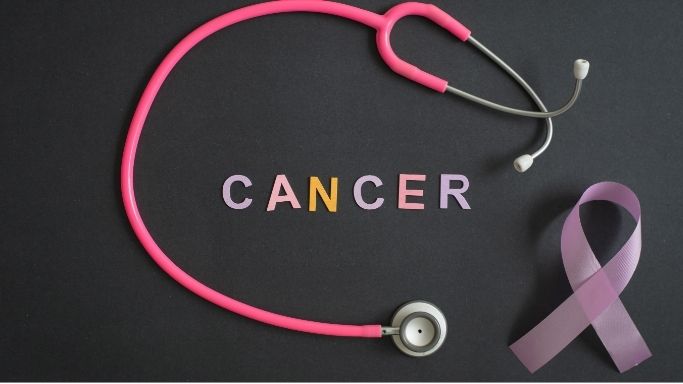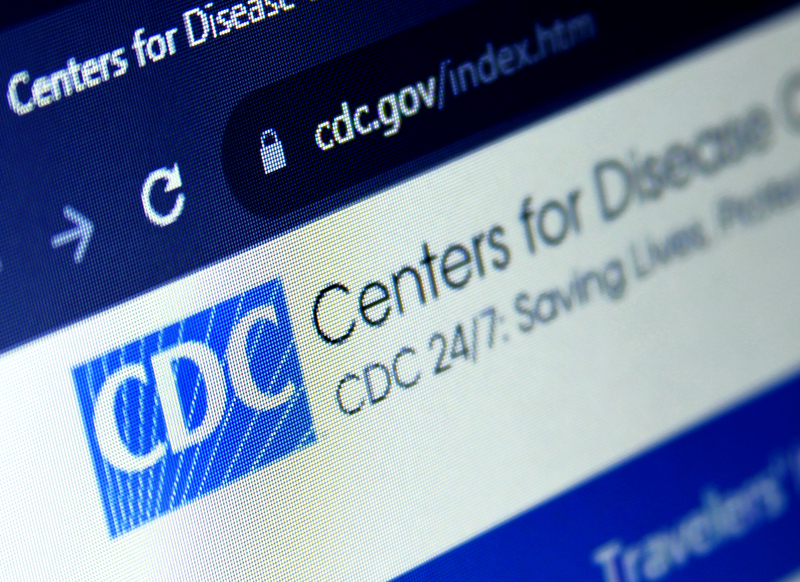Women’s Health
Alabama attorney general could prosecute women who take abortion drugs. Opponents say it’s ‘plainly unlawful’
Days after the federal agencies made it easier to access abortion pills, Alabama’s chief law enforcement officer said women who use abortion medica...
Annual Questions About Conception Could Boost Women's Health, Experts Say
Women of reproductive age should be asked every year about their thoughts on pregnancy, experts have advised.
Doctors, pharmacists, sexual health c...
Correlates of nephrolithiasis in US black women: data from the black women's health study
doi: 10.1007/s00240-022-01391-6.
Affiliations
Expand
Affiliations
1 Departme...
Only 1 of 25 cancer drug developers fairly included minority patients over five-year window, BMJ analysis finds
New clinical trial diversity plans, which FDA will soon explain further, were featured in the government spending package that President Joe Biden ...
Pregnant inmates claim Arizona prisons induced labor against their will
Three women imprisoned in the Arizona Department of Corrections while pregnant claim their labor was induced against their will.
The women say they...
Risk of Venous Thromboembolism Worse For Women with Diabetes Mellitus Than Men
A study showed that the risk of developing venous thromboembolism is worse for perimenopausal women with diabetes.
Women with diabetes mellitus (...
Trending Topics
Features
- Drive Toolkit
Download and distribute powerful vaccination QI resources for your community.
- Health Champions
Sign up now to support health equity and sustainable health outcomes in your community.
- Cancer Early Detection
MCED tests use a simple blood draw to screen for many kinds of cancer at once.
- PR
FYHN is a bridge connecting health information providers to BIPOC communities in a trusted environment.
- Medicare
Discover an honest look at our Medicare system.
- Alliance for Representative Clinical Trials
ARC was launched to create a network of community clinicians to diversify and bring clinical trials to communities of color and other communities that have been underrepresented.
- Reducing Patient Risk
The single most important purpose of our healthcare system is to reduce patient risk for an acute event.






















